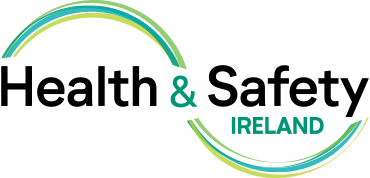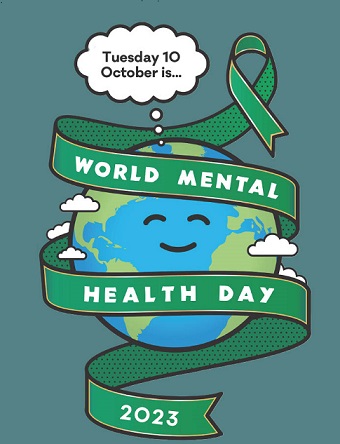
World Mental Health Day, 10 October 2023
“Our minds, our rights”
The WHO (World Health Organisation) have named Tuesday 10th October 2023 as World Mental Health Day 2023. It is an opportunity for people and communities to unite behind the theme ‘Mental health is a universal human right” to improve knowledge, raise awareness and drive actions that promote and protect everyone’s mental health as a universal human right.
This concept is increasingly recognised and advocated for by international organisations and human rights advocates. Mental health is an integral part of overall well being and it is considered essential for individuals to lead a fulfilling and productive life. Here are six key points that support the idea that mental health is a universal human right:
- Universal Declaration of Human Rights, adopted by the United Nations General Assembly in 1948, proclaims that “Everyone has the right to a standard of living adequate for the health and well-being of himself and of his family, including food, clothing, housing and medical care.” Mental health is an integral component of overall health and well-being and it is encompassed within this declaration.
- WHO recognises mental health as an essential component of health and well-being. It has stated that “There is no health without mental health,” emphasising the importance of mental health in achieving the highest standard of physical and mental health for all individuals.
- Convention on the Rights of Persons with Disabilities (CRPD), adopted by the United Nations in 2006, recognises the rights of persons with disabilities, including those with mental health conditions. It emphasises the importance of ensuring equal access to healthcare, rehabilitation and support services for people with disabilities, including those with mental health issues.
- Reducing Stigma and Discrimination – promoting mental health as a universal human right involves reducing the stigma and discrimination associated with mental health conditions. Advocates work towards creating an environment where individuals can seek help without fear of prejudice or discrimination.
- Access to Mental Health Care – to ensure mental health as a human right there must be access to affordable and quality mental health care services, including prevention, treatment and support. This includes the availability of mental health professionals, medications and community based programmes.
- Intersectionality – recognising that mental health intersects with various aspects of a person’s identity and circumstances, such as race, gender, socio economic status and more is crucial.
Efforts to raise awareness, reduce stigma and improve mental health care are ongoing to promote and protect the mental health of people everywhere.





